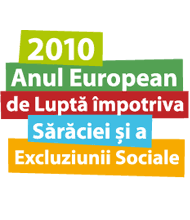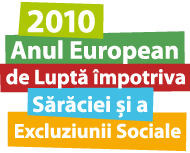Today, most European countries face the issue of integrating new citizens from countries located outside the EU. Immigrants form a vulnerable group often experiencing social exclusion. Education is recognised as a key factor for social inclusion and integration, but what are the educational challenges posed by immigration? What in concrete terms can schools do to help social inclusion? And what is European Research doing to overcome this situation? Four successful EU-funded research projects on social inclusion through education, presented today in Barcelona, provide some of the answers – answers which are already proving their worth in practice!
Since 2003 the European Union has contributed almost €33 million to 21 projects involving 218 partners. As part of the European Year for Combating Poverty and Social Exclusion, the European Commission will present new results from four of these today, in Barcelona.
The EMILIE project is a response to the current 'crisis of multiculturalism' and the lack of a common EU intellectual framework to discuss the relevant related challenges.
The EDUMIGROM project shows how ethnic differences in education contribute to the diverging prospects for young people from different ethnic groups in urban settings.
The YIPPEE project describes the situation of young people from a public care background and provides some ideas on how to keep them in education.
The INCLUD-ED project is a pan-European research project on schooling which mobilises research institutions from 14 EU countries on educational strategies research. Which strategies contribute to overcome inequalities and promote social cohesion? Research undertaken under the INCLUD-ED project has shown that family participation is very important: the training of relatives at the school and family participation in children's learning at home and inside the schools are key actions to increase school success and social inclusion.
The "Mare de Deu de Montserrat" primary school has already successfully implemented the strategies identified in the INCLUD-ED project. Located in a disadvantaged neighbourhood on the outskirts of Barcelona, this state school for children aged 3 to 12 shows that educational performance is not linked to the ethnic composition of the class but rather to implementing best practices and evidence-based methods. The fight against social exclusion and poverty is a key objective of the recently adopted Europe 2020 vision. This new strategy for growth and jobs in Europe strongly involves innovation, research and education towards a sustainable future.










